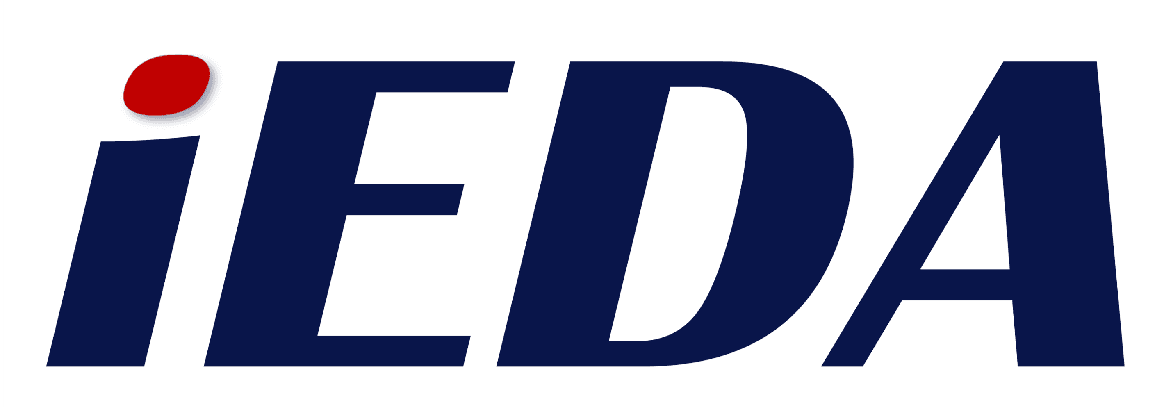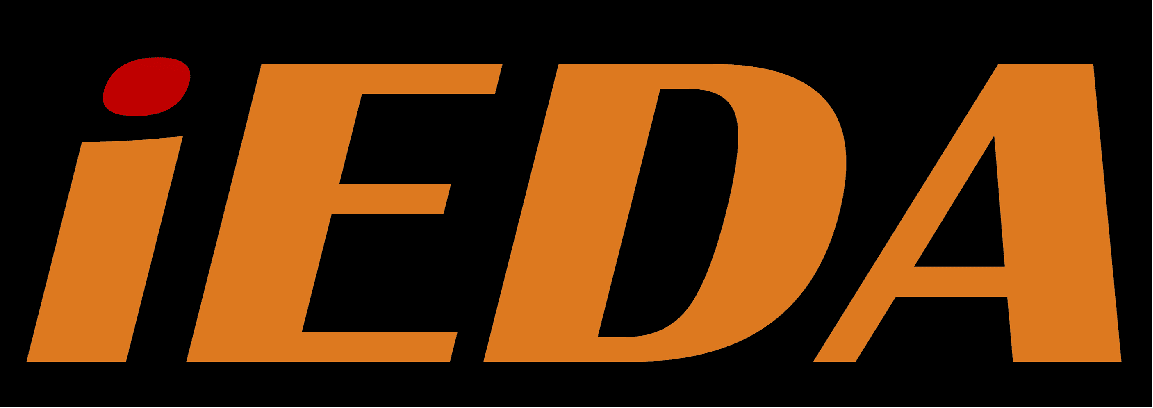Water-Drop
Background and Objectives
Currently, the demand for EDA talents still exceeds the supply, and the threshold for EDA and chip design remains high. There is an urgent need for an EDA learning course that enables quick entry. This project aims to create a general training program for comprehensive EDA talents, suitable for the technical stack training of iEDA team interns and the practical courses of EDA in colleges and universities. The aim is to lower the learning threshold of EDA and provide an EDA learning solution that is easy to get started with. After completing this project, learners will be able to understand the basic process of EDA development, initially master the knowledge of C++ and Rust programming languages, be familiar with the basic principles and processes of EDA tool development, understand the application of AI in EDA, and have the initial practical ability to develop basic-level EDA tool software and optimize EDA tools using AI technology.
Trained Talents in the Project
Info
4 in the first phase, 9 in the second phase, 13 in the third phase, 12 in the fourth phase, and 50 in the fifth phase.
Specific List Details
- First Phase (2020):
- Ni Liwei (Peng Cheng Laboratory),
- Zhuang Chunan (Peng Cheng Laboratory),
- Long Shuaiying (Peng Cheng Laboratory),
- Sun Jinghe (Shenyang Aerospace University),
- Second Phase (2021):
- Wu Shengkun (Chongqing University),
- Qiu Yihang (Guangdong University of Technology),
- Wang Hao (University of Science and Technology of China),
- Cong Xiang (University of Science and Technology of China),
- Zhu Xuance (University of Science and Technology of China),
- Liang Yuyao (Shenzhen University),
- Liu Jikang (Shenzhen University),
- Yang Zonglin (Shenzhen University),
- Lv Yaxing (Fuzhou University),
- Third Phase (2022):
- Shao Zheqing (University of Science and Technology of China),
- Liu Yuezuo (University of Science and Technology of China),
- Zhang Mingzhe (University of Science and Technology of China),
- Peng Ming (University of Science and Technology of China),
- Ma Zhuang (University of Science and Technology of China),
- Cao Biyuan (Shenzhen University),
- Guan Jinlong (Shenzhen University),
- Chen Kangping (Shenzhen University),
- Gao Xiangyang (Shenzhen University),
- Zhong Jinghui (Shenzhen University),
- Li Jiahui (Fuzhou University),
- Zhang Ping (Fuzhou University),
- Yao Pengju (Fuzhou University),
- Fourth Phase (2023):
- Cai Jianfeng (University of Science and Technology of China),
- Guo Fan (University of Science and Technology of China),
- Wu Zhendong (University of Science and Technology of China),
- Wang Rui (Shenzhen University),
- Ye Xinyu (Beijing Open Source Chip Research Institute),
- Zhao Kexin (Fuzhou University),
- Li Wenchao (Fuzhou University),
- Yang Qiang (Fuzhou University),
- Mei Zhanpeng (Central South University),
- Guo Puxin (Central South University),
- Wang Bingqi (Central South University),
- Kong Menglin (Central South University),
- Fifth Phase (2024):
- You
Four Learning Modules of the Project
Welcome to participate in the Water-Drop Plan learning! Here, you can first understand the overview of the Water-Drop Plan learning, explore the reference materials on academic integrity in depth, and discover the charm of the iEDA team.
Tips
First, you can watch the video "iEDA - Water-Drop Plan: Overview of the iEDA - Water-Drop Plan Learning System" and enter the world of the Water-Drop Plan learning system. Click the link to watch: iEDA - Water-Drop Plan: Overview of the iEDA - Water-Drop Plan Learning System.
In addition to the Water-Drop Plan learning, the iEDA team also brings you exciting content. Explore the video creations of the iEDA team, follow our Bilibili video account: iEDA Team Video, or visit our official website: iEDA Team Website.
Academic integrity is of utmost importance. We provide the following reference materials to guide you on the correct academic path: "How To Ask Questions The Smart Way" and "Stop Ask Questions The Stupid Ways". These materials will help you learn how to ask questions and maintain academic integrity. You can click on the following links to view the detailed content:
In the Water-Drop Plan learning, explore academic integrity, and explore the infinite possibilities with the iEDA team!
Note
Finally, click to download a copy of the learning record template xx University - Zhang San - Learning Record, place the learning document link in the daily learning record, and record the daily learning situation and problems in the document.
The Water-Drop Plan arrangement, learning record registration form, and Q&A are as follows:
2024 Water-Drop Plan Arrangement
2024 Water-Drop Plan Learning Record Summary
2024 Water-Drop Plan Q&A
C++ Learning Module (Mandatory)
EDA tools are usually developed based on the C++ language. Due to the high performance and strong flexibility of C++, it is very suitable for developing complex electronic design automation software. Moreover, the EDA process involves a large number of algorithms and complex data structures, such as graph theory algorithms and geometric operations. The C++ language provides a rich standard template library (STL), which can help EDA engineers efficiently implement these algorithms and data structures.
EDA Learning Module (Mandatory)
The basic knowledge of EDA is the core skill that EDA engineers must master, mainly including the basics of digital circuits, EDA foundation, and advanced EDA learning. The project mainly focuses on the development of EDA tools for digital circuits.
EDA Foundation
The basics of digital circuits can help learners understand the basic concepts of digital circuits. The foundation of EDA can help learners understand the basic process of chip design;
- Front-end: Requirements formulation, architecture design, functional design;
- Back-end: Logic synthesis, physical design, sign-off analysis, physical verification;
After completing the learning, learners can evaluate the parts they are more interested in for in-depth study and then participate in the specific tool development.
EDA Advanced
After learners have studied the theoretical knowledge from books, this step will involve practical operation practice, that is, learners use the open-source iEDA tools developed by the project team to run the back-end process of chip design.
During the practical operation, learners can intuitively feel the functions of each sub-tool in the back-end process by observing the changes of the layout in the previous and subsequent stages. At the same time, learners can think about the roles of the command scripts and parameters of each sub-tool.
AI Learning Module (Optional)
EDA tools generate a large amount of design data and simulation data. Using AI's data mining and machine learning technologies can help EDA engineers conduct more intelligent and efficient optimizations in circuits design, layout and routing, power consumption optimization, and other links. EDA engineers' mastery of AI knowledge and skills will help improve the automation level of electronic product design, optimize the design quality, increase work efficiency, and thereby enhance the competitiveness of EDA tools.
Rust Learning Module (Optional)
Rust is an emerging language with the characteristics of safety, high performance, and maintainability. Additionally, due to the good interoperability of Rust with C/C++, EDA engineers can implement new functions or optimize key parts on the existing C/C++ code basis using the Rust language to improve the performance and reliability of the entire EDA tool.

